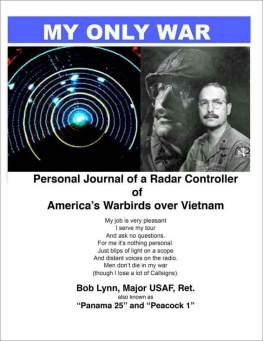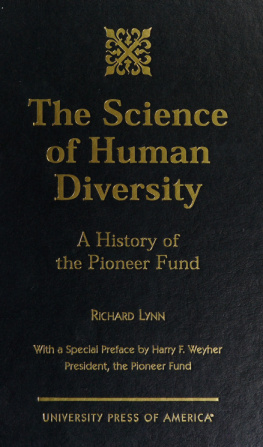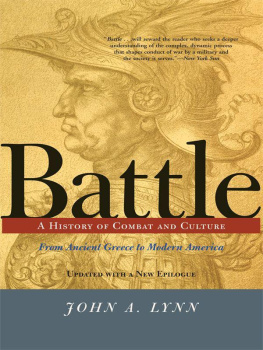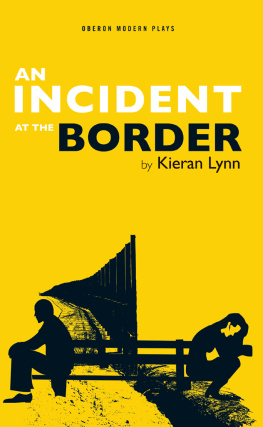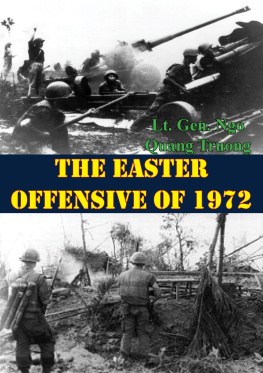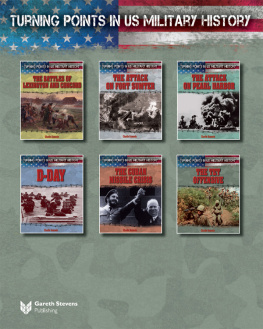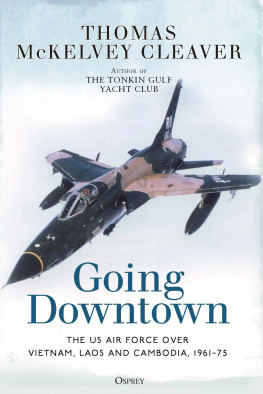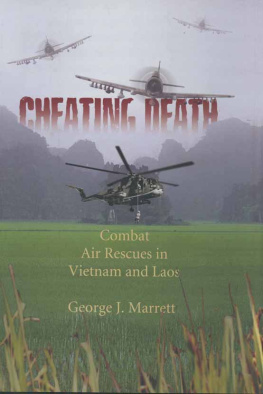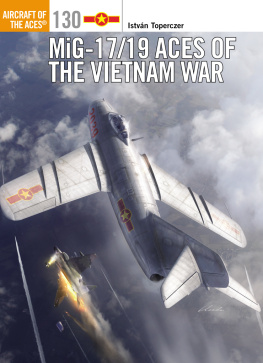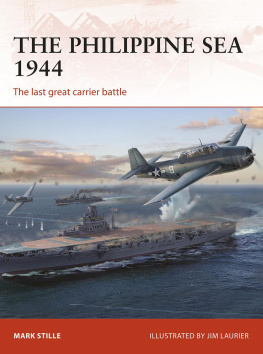
My Only War
Personal Journal of a Radar Controller
of Americas Warbirds over Vietnam
Bob Lynn, Major USAF, Ret.

Copyright 2015, by Bob Lynn.
All Rights Reserved
Dedicated with Love
to
My wife Marlene
and
Our Children
Debra Sue
Bob Jr.
Robyn Jan
Mary Rene
Marla Kaye
John Kenith
The Great Fraternity of Air Force Radar Controllers
plus, of course,
about 58,220 our Americans dead in Vietnam
Table of Contents

My Master Weapons Controller Badge
Radar Weapons Controllers and their Control Tech assistants are among the many unsung heroes of the long and bloody Vietnam War.

Radar Controllers and crews were at the heart of the air operations in Vietnam. Without the controllers, airplanes would often not been at the right place at the right time, and pilots and crewmen who are living today would be dead but for the emergency assistance from the radar sites. The war would have been even more tragic.
The role of the radar controllers in Vietnam will likely never be written in history books. I suspect this journal may be one of the few personal records extant of any contributions of radar controllers to the mission of Americas warbirds and what it was like at on the ground at two different American radar sites in Vietnam. (Adapted from my journal entry of February 3, 1973)

FOREWORD
(Written in 1982)
This is a personal journal of my one-hundred eighty three days in the Republic of Vietnam between August 16, 1972 and February 14, 1973, and my follow-on assignment to Thailand. The journal begins May 8, 1972 the date I received orders to Vietnam, and ends with my return home from overseas in Thailand and Germany.
My one hundred eighty-three days in-country in Vietnam spanned the so-called wind down of the Vietnam conflict (for the American military). It may be one of the most interesting periods of the war. It certainly was interesting to me.
My assignment: Radar Weapons Controller at two different sites Monkey Mountain adjacent DeNang Air Base on the SonTra peninsula near the DMZ North Vietnamese border, and a small radar site at Pleiku Air Base in the Central Highlands. At Pleiku, I was also the radar site commander. My radio callsign at Monkey Mountain was Panama 25. At Pleiku my callsign was Peacock 1. At the so-called end of the war, and President Nixons Peace with Honor, I was among the last of seven American military to withdraw from Pleiku.
Not many people, except military pilots, know what a radar Weapons Controller does for a living and this journal will help explain. As an Air Force major at important radar sites, I had enough rank to glimpse the big picture of the war, but was low enough on the totem pole to be one of the troops who could look outside and see the ground war. As controllers we enjoyed a grandstand radar scope view of the air war over both North and South Vietnam. We watched the war on our radar scopes, listened to it on the radio, and when things got close we felt it.
Theres a hell of a lot of otherwise unrecorded history in this journal and that in-itself makes it a valuable document. This journal also reflects how the problems of morale, cultural differences, and direction affected two radar sites on which so many of our aircrews relied for their lives.
It is now past forty-one years since my last journal entry. Re-reading the journal has been like living the experience again. My re-action makes me wonder, so I write:
Many times round the sun
This good earth has spun
Since our forces were withdrawn
From the field of Vietnam.
The dead lie dead and medals hang on walls.
I know theyre glad they gave their all
For the tenets of democracy.
Why, they changed headlines to history.
But oh the living love the memory
Of the distant so-called tragedy.
So now we search from sea to shining sea...
Well find another war to watch on our TV.
The interlude between writing and editing the journal has been helpful. However Ive tried to resist the urge to Monday morning quarterback entries, even when I found so many maudlin and self-serving opinions and statements.
It will be easy to chart periods of some depression. After re-reading the journal I find I suffered more periods of frustration and depression than I realized at the time. I can see that part of my problem was spending too much time looking for perfection in an imperfect world. The same probably could be said for periods before and after this journal.
Likewise after re-reading this journal I can see that the stress of accumulated experience affected me than I had realized particularly after the ceasefire and before I left Pleiku. I suppose I experienced a very minor case of delayed combat stress syndrome. I was tempted to delete some of this, but didnt. The point is, if a mere one hundred eighty three days of Vietnam, in the relative safety I enjoyed, affected me (and I think Im a basically stable guy), then my heart and soul go out to foot soldiers who mucked through the jungle for days on end, aircrews who flew over a hundred scary missions, our prisoners of war, and mission in action some of whom might still be alive.
This journal is probably an accurate of what was going on in my head on any given day. The reader will detect many inconsistencies in my attitude in my attitude toward the war, my co-workers, the military, and everything in general. In fairness to myself, I was not the only American GI in Vietnam who had a case of confusion and conflicting goals. For these reasons, Ive left in almost everything in the journal I wrote, and tried to confine my editing to punctuation, syntax, spelling, and clarification of terms. Some of the journal is stream of consciousness type writing; some is my attempt at poetry, some sophomoric (and I havent attempted poetry since). But its all mine and Ill never have chance to write another journal like this one (I hope not).
Except where indicated, the journal is written on the day of the event. Much of the time I carried a notepad in my shirt pocket and scribbled notes throughout the day of events and conversations. Where there is dialogue you can be sure it is pretty accurate. In fact, some dialogues are direct quotes. Ive not attempted to water down words, obscenity and profanity, or even my own. After all, this is 1982. In this enlightened era, who cares about the propriety of language?
Several quotes of radio transmissions are included. Those radio quotes, without exception, were either recorded as they were spoken or transcribed later from our official site tape recorders. Its likely those tapes have long since vanished, and this journal will be the only record of what was said. Likewise, radio callsigns, radar radio callsigns, and the people discussed are real.
Im probably very unfair to some of the gentlemen Ive have criticized or made fun of in my journal. If so, I apologize. However my interpretations of their words and conduct are honest. Whatever, the quotes are accurate and if the reader doesnt like my interpretations they can come up with their own. No words spoken in confidence have been betrayed. In the same way, I made an evaluation of peoples motives (everyone does that every day). However, Im not a mind reader; if I misjudged, I also apologize. (2014 NOTE: In this edition, for the general public and to protect the guilty, I did change a few names to initials but not many).
Next page
